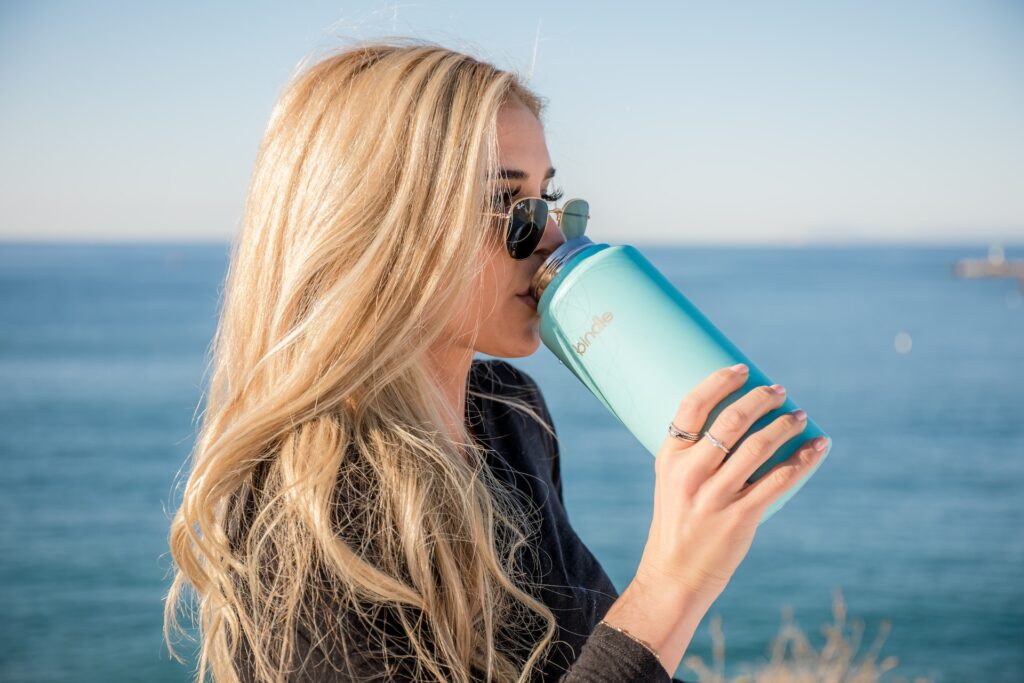Say Goodbye to Dryness: Secrets to Optimal Skin Hydration
Introduction
Dry skin can be uncomfortable, itchy, and sometimes even painful. It’s important to take care of our skin to keep it
hydrated and healthy. Fortunately, there are several secrets to achieving optimal skin hydration. By adopting the
right skincare routine and making a few lifestyle changes, you can say goodbye to dryness and hello to hydrated,
glowing skin.
The Importance of Hydrated Skin
Hydrated skin is not only more comfortable but also healthier. When our skin is adequately hydrated, it functions
better as a protective barrier against external irritants. It also helps maintain a balanced complexion, reduces the
appearance of fine lines, and promotes a youthful, radiant glow. Additionally, hydrated skin is less prone to
developing skin conditions like eczema or dermatitis.
Skincare Routine for Optimal Skin Hydration
A consistent skincare routine is essential for maintaining optimal skin hydration. Here are some key steps to
include in your daily regimen:
1. Cleansing
Choose a gentle cleanser that doesn’t strip away your skin’s natural oils. Avoid using hot water, as it can further
dry out your skin. Instead, opt for lukewarm water and pat your face dry with a soft towel after cleansing.
2. Exfoliation
Exfoliating your skin helps remove dead skin cells, allowing your moisturizer to penetrate better. However, be gentle
when exfoliating and avoid overdoing it, as excessive exfoliation can lead to dryness and irritation.
3. Hydration
After cleansing and exfoliating, apply a hydrating moisturizer to your face and body. Look for products with
ingredients like hyaluronic acid, ceramides, or glycerin, as they help attract and retain moisture in the skin. Don’t
forget to moisturize your skin after taking a shower or bath as well.
4. Sun Protection
Protecting your skin from harmful UV rays is crucial for maintaining optimal hydration. Always apply a broad-spectrum
sunscreen with at least SPF 30 before heading outside, regardless of the weather.
5. Hydrating Face Masks
Treat yourself to a hydrating face mask once or twice a week to give your skin an extra moisture boost. Look for masks
containing ingredients like aloe vera, honey, or hyaluronic acid for maximum hydration.
Lifestyle Changes for Hydrated Skin
1. Drink Plenty of Water
Staying hydrated from within is just as important as topical hydration. Drink at least eight glasses of water a day to
keep your skin and body properly hydrated. This will help flush out toxins, improve skin elasticity, and promote a
healthy complexion.
2. Humidify the Air
Dry indoor air can contribute to skin dryness. Consider using a humidifier in your home to add moisture to the air,
especially during the winter months when the air tends to be dryer.
3. Avoid Hot Showers
Although a hot shower may feel relaxing, it can strip away your skin’s natural oils and leave it dry and irritated.
Opt for shorter, lukewarm showers instead to preserve your skin’s hydration.
4. Pat Dry Instead of Rubbing
After washing your face or taking a shower, pat your skin dry with a towel instead of rubbing vigorously. Rubbing can
cause friction and lead to dryness and irritation.
5. Wear Soft, Breathable Fabrics
Certain fabrics, such as wool or synthetic materials, can cause skin irritation and exacerbate dryness. Opt for soft,
breathable fabrics like cotton or silk to minimize friction and allow your skin to breathe.
FAQs
Q: How often should I moisturize my skin?
A: It is recommended to moisturize your skin twice a day, once in the morning and once at night, to maintain optimal
hydration. However, if you have extremely dry skin, you may want to consider applying moisturizer more frequently.
Q: Can diet affect skin hydration?
A: Yes, diet can impact skin hydration. Foods high in omega-3 fatty acids, such as fatty fish, avocados, and nuts,
help promote healthy, hydrated skin. Additionally, consuming enough vitamins and minerals, especially vitamins A, C,
and E, supports overall skin health and hydration.
Q: Are all-natural moisturizers better for hydration?
A: Not necessarily. While natural ingredients can be beneficial for the skin, the effectiveness of a moisturizer
depends on its formulation and the specific needs of your skin. Look for moisturizers with ingredients known for their
hydrating properties, irrespective of them being all-natural or not.
Q: Can excessive exfoliation lead to dry skin?
A: Yes, over-exfoliating can disrupt the skin’s natural moisture barrier and lead to dryness, irritation, and
inflammation. It is important to exfoliate in moderation to avoid these issues.
Q: Can stress affect skin hydration?
A: Yes, stress can impact the health and hydration of your skin. High levels of stress can disrupt the skin’s natural
balance and contribute to dryness and other skin issues. Practice stress-management techniques, such as exercise,
meditation, or getting enough rest, to promote overall well-being and healthier skin.

